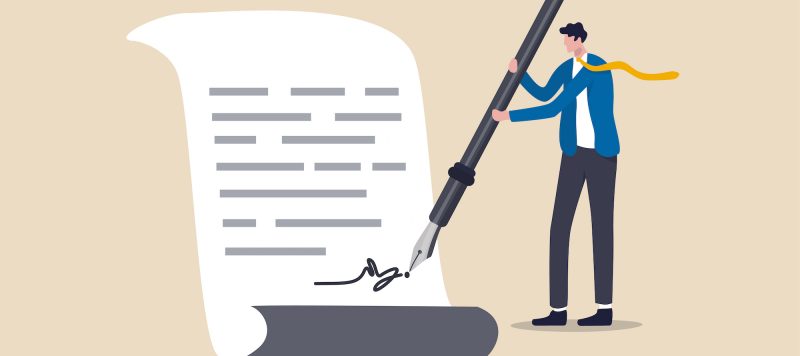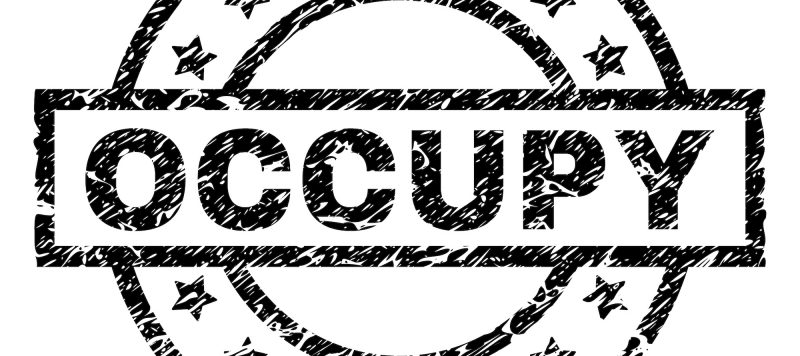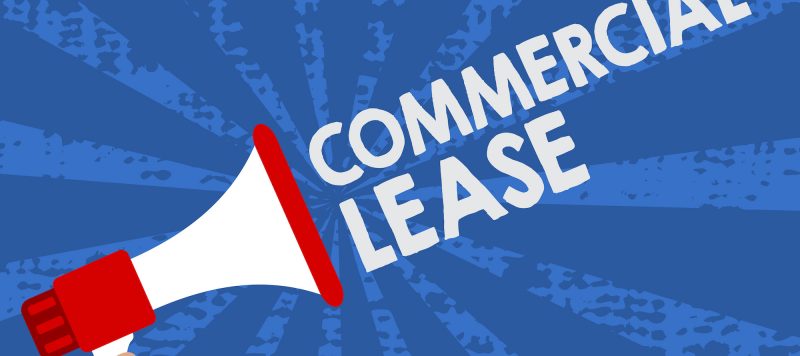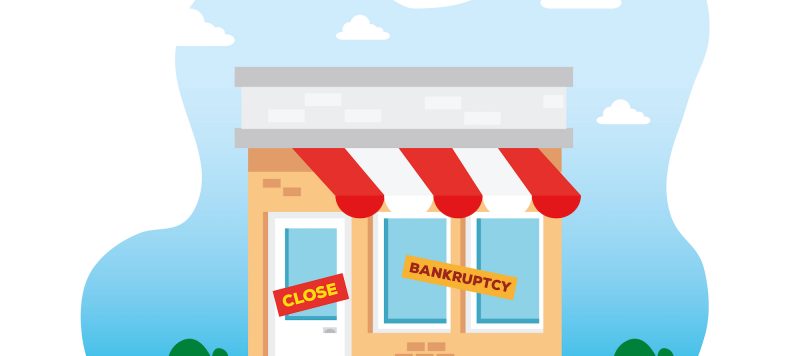The Importance Registering your Commercial Property Lease in Australia In certain states of Australia, it is a legal requirement for a commercial lease to be registered if the term exceeds 3 years (including the option periods). Even in states that do not specifically require the lease to be registered, we recommend that you do so. […]
Read More- Commercial Lease Kit
- Commercial Lease – Australian Capital Territory
- Commercial Lease – New South Wales
- Commercial Lease – Northern Territory Australia
- Commercial Lease – Queensland
- Commercial Lease – South Australia
- Commercial Lease – Tasmania
- Commercial Lease – Victoria
- Commercial Lease – Western Australia
- Vacant Commercial Land Lease
- Retail Lease Kits
- Other Leasing Kits
- Leasing FAQ’s
- Blog











